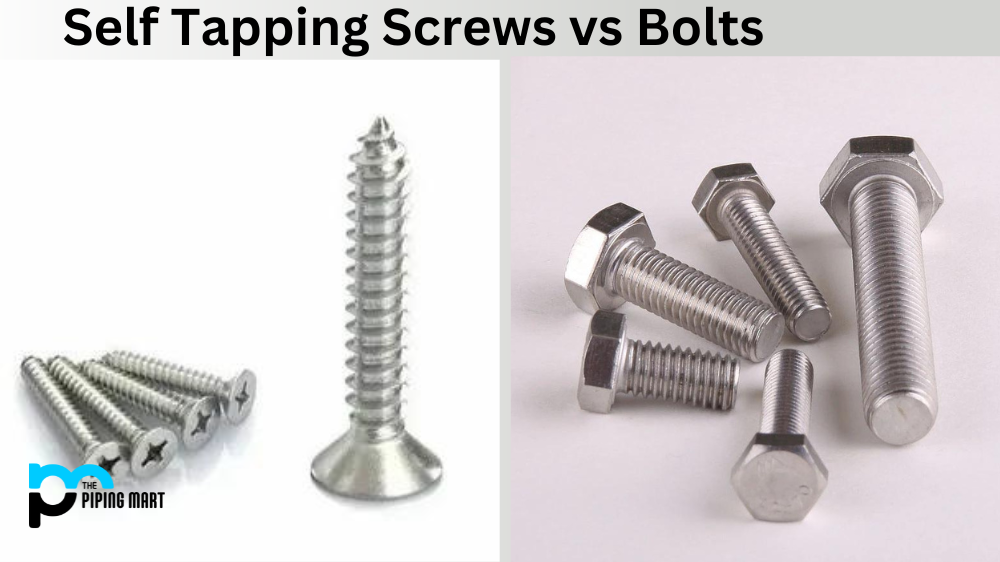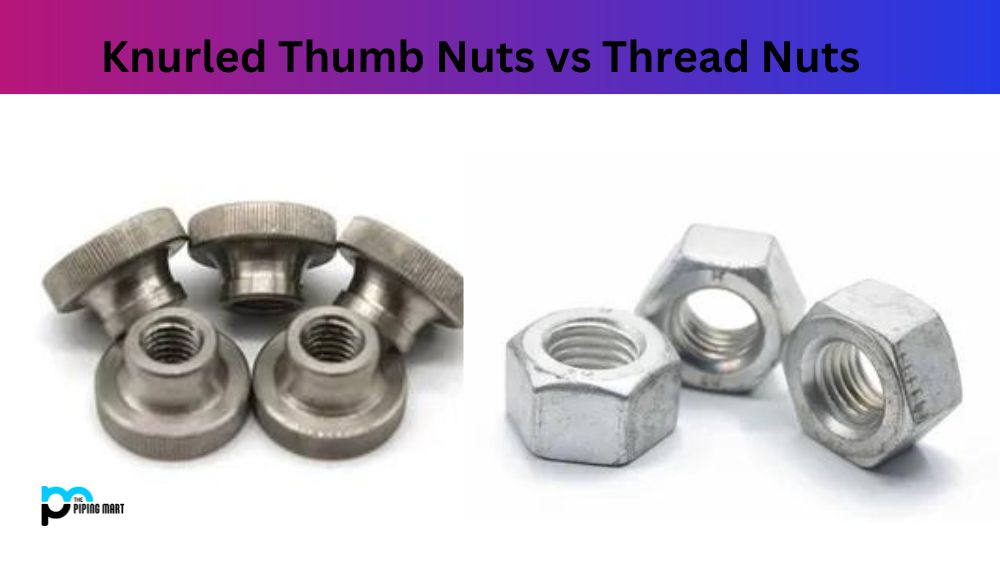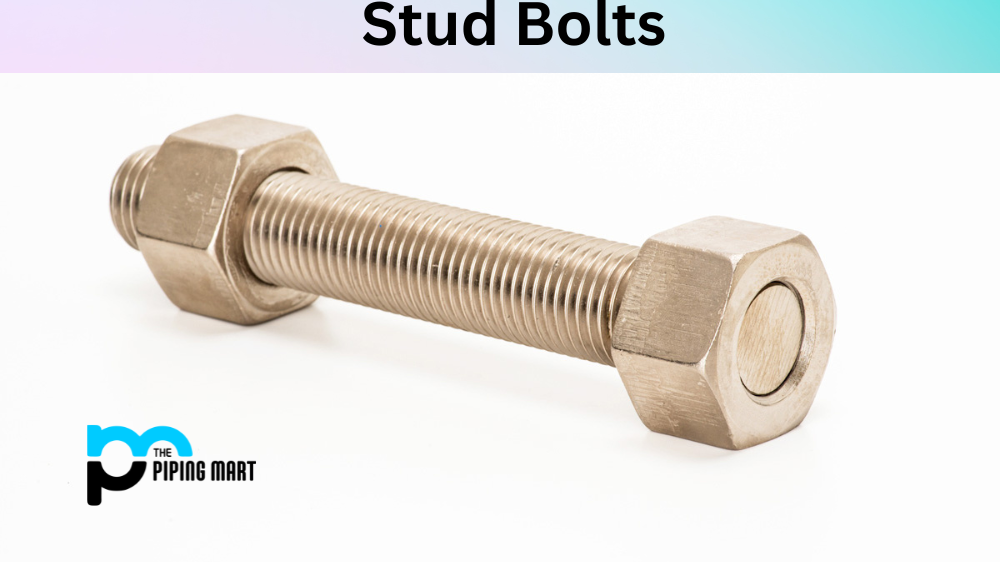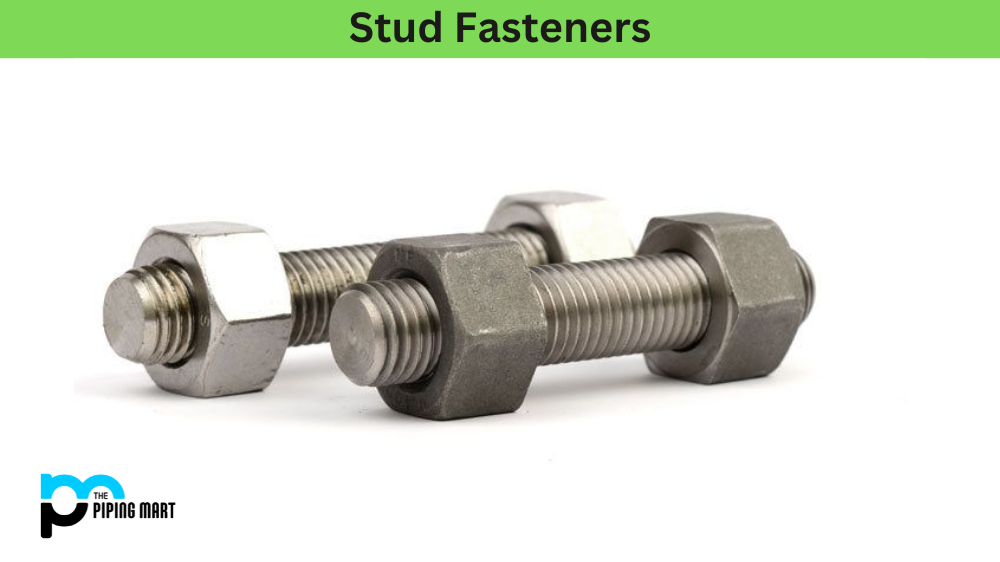Fasteners are an essential tool in your toolbox when it comes to building or fixing things. While bolts have been around for centuries, the self-tapping screw is a newer innovation gaining popularity. But how do you know when to use self-tapping screws versus bolts? In this blog post, we will explore the differences and when to use each of them.
Difference Between Bolts and Self-Tapping Screws
A bolt is a threaded fastener that requires a nut and washer to hold a joint together. On the other hand, a self-tapping screw is a screw that can tap its threads into a material, creating a threaded hole. Unlike a bolt, a self-tapping screw does not require a nut and washer to hold a joint together.
Advantages of Self-Tapping Screws
One of the key advantages of using self-tapping screws is that they can create a threaded hole as they are screwed into the material. This means they can provide an incredibly secure connection less likely to loosen over time. Additionally, self-tapping screws do not require you to drill a pilot hole, which can make for a quicker and more straightforward installation.
Advantages of Bolts
Bolts, on the other hand, tend to be stronger than self-tapping screws. This is because of the way they are designed – with a nut and washer, they distribute the load across a larger area and can handle more stress. Also, bolts are more accessible to remove and replace than self-tapping screws, which can often strip or break off if overtightened or not installed correctly.
Use Self-Tapping Screws
Self-tapping screws are perfect for smaller projects like attaching wood to metal or joining two pieces of thin material. Because they create their threaded hole, they can provide a robust and secure connection without needing a nut and washer. Additionally, because they don’t require pilot holes, they can be faster and more straightforward to install.
Use Bolts
Bolts are better for larger projects like building a deck or securing metal to concrete. Because they distribute the load across a larger area, they can handle more stress and are less likely to fail over time. Additionally, because they are easier to remove and replace, they are often a better choice for projects that require frequent adjustments or maintenance.
Other Differences
- Self-tapping screws are faster to install than bolts.
- Self-tapping screws create their own threads, so they can be used in softer materials that bolts cannot.
- Bolts are stronger than self-tapping screws and are less likely to strip out of the material.
- Self-tapping screws are less expensive than bolts.
- Bolts can be reused, while self-tapping screws typically cannot.
Conclusion
The choice between self-tapping screws and bolts ultimately depends on the project you are working on. If you are working on a small project that needs a secure connection and doesn’t require the distribution of a large load, self-tapping screws are an excellent choice. However, bolts are better if you work on a larger project requiring a more robust connection. Consider the project’s specifications and intended use when selecting the suitable fastener.

Meet Bhavesh, a seasoned blogger with a wealth of knowledge and experience. From metal products manufacturing to retail, Bhavesh has a diverse background in various industries and is dedicated to sharing his insights and expertise with readers.




